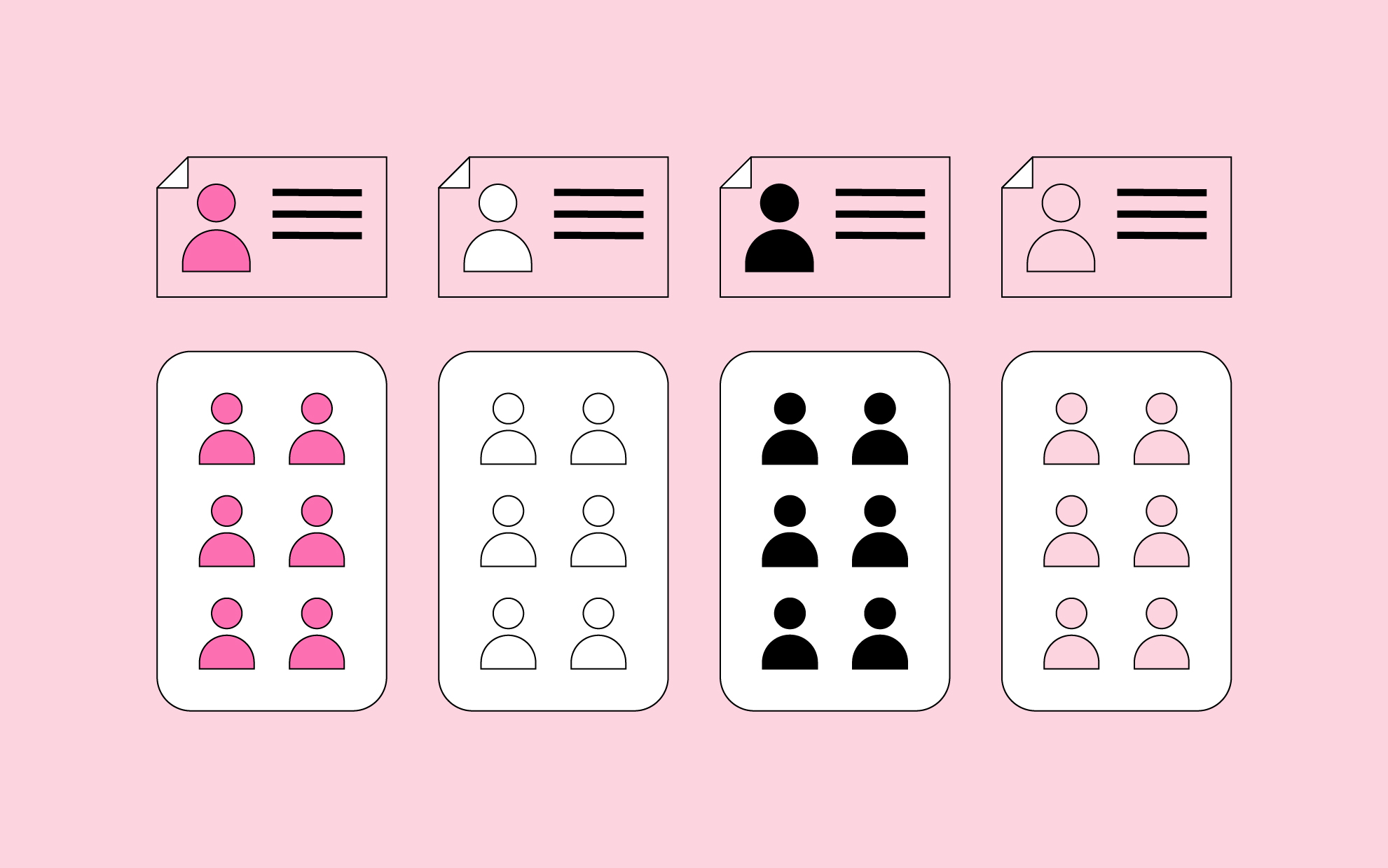By: Andrea Guzmán
Around Internet day, the conversation surrounding data privacy is more alive than ever. We are nearing a future where websites will need to rethink the way that they use and share the data of their users.
Third-party cookies are about to disappear. Being the prime tool that advertisers use in their digital campaigns for remarketing, generating audiences, optimization and accurate metrics, this means it’s time to get ready for a huge reinvention in the digital space.
In preparation, Google is rethinking their procedures for marketing services, advertising and product integration. Let’s look at their suggestions.
Google’s solution
Google has been working on improving privacy policies in collaboration with the industry as a whole since 2019. While other web browsers chose to block third-party cookies entirely to avoid unwanted consumer scrutiny, Google decided to find a solution.
FLoC (Federated Learning of Cohorts) became one of Google’s suggestions. This technology groups users with comparable browsing behaviors, instead of locating individuals in the way cookies do. It’s being tested to check the quality of conversions it can deliver and whether it can reach similar audiences (it’s currently able to drive 95% of the conversions when compared to cookie-based systems).
It’s not only Google that needs to adapt though. Brands will also need to find a way to work around this new reality. These are Google’s recommendations to achieve it:
- Establish direct relationships with clients. Companies will need to start creating their own data collection strategy with the permission of their clients and users. They will need to use sophisticated marketing programs such as loyalty programs, shopping records, offers, etc. The goal is for companies to be able to obtain a deeper understanding of their client base and audience so they can provide them better, customized services.
- Keep data connected. Brands need to make sure that the data they get is clean, well-kept and connected within their systems. Then, when third-party cookies disappear, creating new campaigns and integrating products won’t be a problem.
- Use Google Global Site Tag for efficient tracking: According to their release, it’s an easy way to achieve a more precise tracking of online conversions and to bring in data for campaign optimization. The site’s global tag will help in the transition when the tracking methods change in the future, as it adds first-party cookies to track traffic and conversions between users, among other things.
- Think long term. Google’s final recommendation is to invest in reliable relationships with clients, a source data strategy and an online experience that favors privacy.

